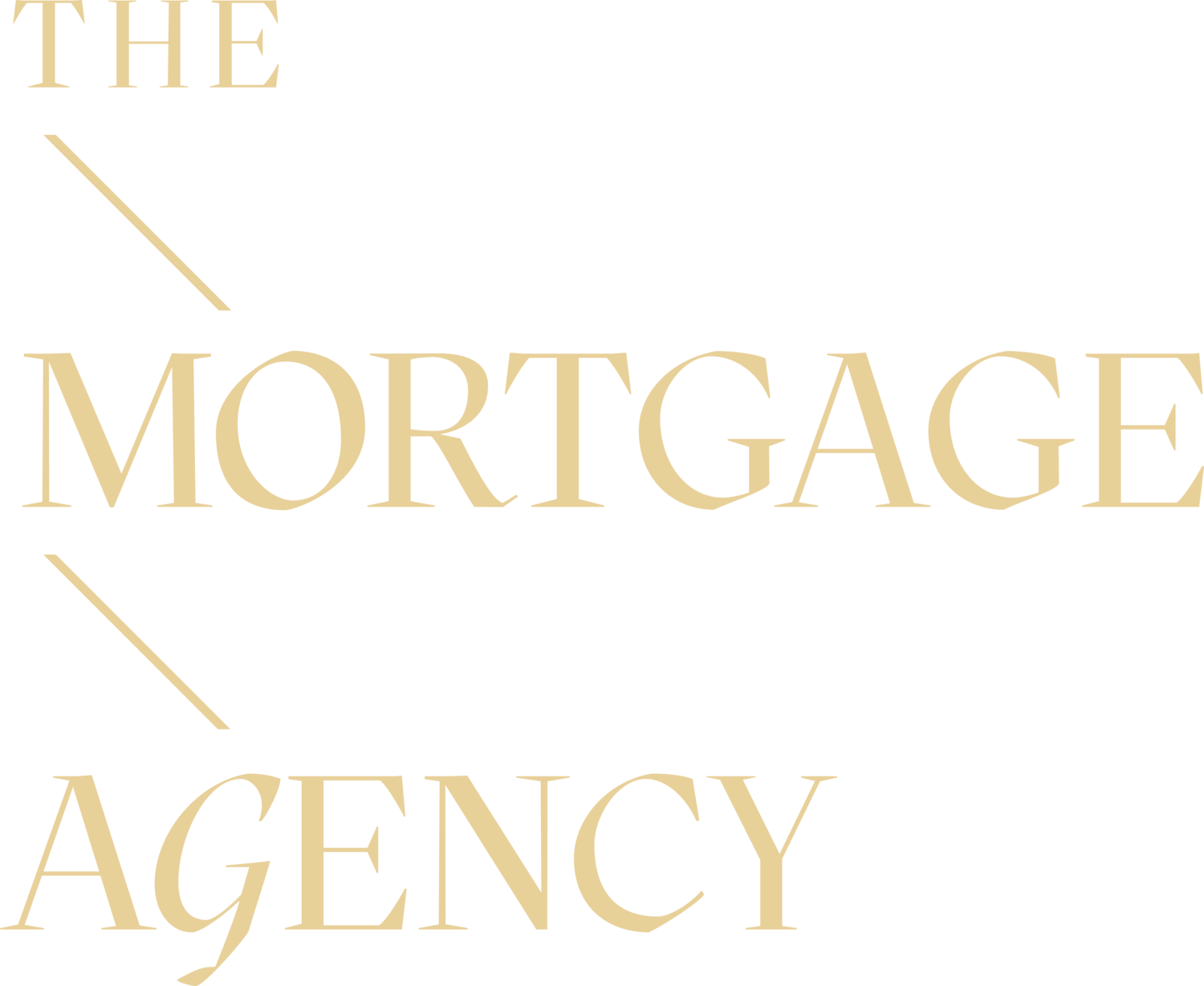Differences between a mortgage refinance and a mortgage renewal
A mortgage refinance and a mortgage renewal are two different processes related to existing mortgages. A mortgage refinance involves obtaining a new mortgage with changed terms, while a mortgage renewal is the process of signing a new agreement with the current lender.
Most mortgage owners in Canada will have to renew their mortgage at least once, at the end of a loan term. Some may opt for refinancing. Here are some of the key differences between a mortgage renewal, and refinancing your current mortgage.
Purpose:
Refinance: The primary purpose of refinancing a mortgage is to replace your existing mortgage with a new one. Borrowers typically refinance to take advantage of lower interest rates, change the loan term, or access equity in their home.
Renewal: Mortgage renewal refers to the process of signing a new mortgage agreement with the current lender at the end of the term. It does not involve changing the terms or borrowing additional funds; it's a renewal of the existing mortgage.
Negotiation:
Refinance: When you refinance, you are essentially applying for a new mortgage. This involves going through the application process, credit checks, and possibly property appraisals. You have the opportunity to negotiate new terms, interest rates, and other conditions.
Renewal: Mortgage renewal is a more straightforward process. The lender typically sends a renewal offer before the term expires. Borrowers can either accept the renewal offer or negotiate new terms. However, the negotiation process is often less extensive compared to a refinance.
Interest Rates:
Refinance: Borrowers refinance to take advantage of lower interest rates in the market. By refinancing, they can secure a new mortgage with more favorable terms.
Renewal: The interest rate at renewal is usually based on the current market conditions and the agreement made in the original mortgage contract. Borrowers can negotiate the rate during the renewal process.
Costs:
Refinance: Refinancing involves costs such as application fees, appraisal fees, legal fees, and potentially prepayment penalties on the existing mortgage. These costs need to be considered when deciding to refinance.
Renewal: The renewal process typically involves fewer costs compared to a refinance. However, borrowers should still review any fees associated with the renewal and consider them in their decision-making.
Term:
Refinance: When refinancing, borrowers can choose a new mortgage term. This term can be shorter or longer than the remaining term on the existing mortgage.
Renewal: The renewal process involves signing a new contract for a specific term, often with the option to choose a different term length.
Downsides:
Refinance: Your lender may charge a fee for breaking your mortgage early. Additionally, since you are starting a new mortgage contract, you are also starting a new approval process (income assessment, debt, stress test, etc.) and a new amortization period.
Renewal: You can only renew your mortgage at the end of your mortgage term. Depending on the state of the market at renewal time, you might end up with a higher interest rate. Furthermore, while renegotiating the terms of your contract or shopping for a better deal is encouraged, lenders still reserve the right to turn down your requests.
With over 25 years of experience in the mortgage industry, we understand that every customer and every situation is unique. If you would like to discuss options that are specific to you, trust the The Mortgage Agency team.
